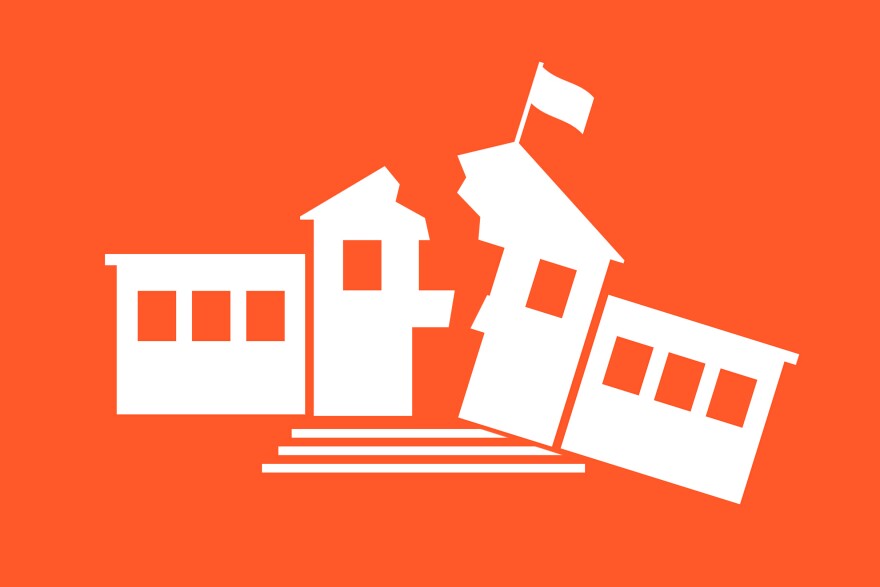Over halfway through the fall semester, schools around Alaska are reporting behavior problems from students who spent time being schooled remotely last year. On Tuesday morning’s Talk of Alaska, Kenai Peninsula Education Association President Nathan Erfurth said some kids came into this school year convinced they were falling behind.
“They mirror and reflect and channel a lot of the conversations that happen at home and on the media and everything else," he said. "So when we talk about things like learning loss and about falling behind and they internalize that and it becomes their personal narrative that ‘I am behind.’ And when they walk in to school on the first day this year they were already in the mindset that I am a year behind. And so I think that my message to my students in my class last year was ‘you're not behind you're coping the same as the rest of us.’ We are all going through this together. We're all going to make forward progress. It won't be the same amount of forward progress as we have made in years past, but it's going to be the right amount of progress for the time that we live.”
Erfurth said schools should be shielded from the politics of today.
“A lot of the public discourse, and this has been the case for decades obviously, but especially now they target schools and sometimes that's for political points for politicians. And that's a both sides issue," he said. "Everyone really needs for us to be able to reestablish that sort of safe boundary around schools where the outside world and all of the chaos of the outside world stays outside.”
Erfurth said educators and support staff are highly skilled, trained and deserve the public’s confidence.
“Trusting our professionals to do their job is paramount and having that professional respect and understanding of the educators that work with your kids. We go through a lot of training, we go through continuous education. We really deliberately think about the stuff that we do, and making sure that we give teachers some space and some breathing room to actually do that education without the constant reaching into schools to try and manipulate things and whatever else, students do well in schools. They really do they love to be there. They do love to learn," he said. "Give them some space, give the schools a little bit of breathing room and you will see the types of results and in growth that you're looking for.”
What complicates the issue, according to Tom Claymeyer, the president of NEA Alaska, is the low pay and lack of retirement teachers are subject to.
“Teachers in the state have the worst retirement system in all 50 states, because anybody hired as a teacher after 2006, don't have defined benefit retirement or pension nor do they have social security,” he said.
Erfurth said that’s adding to an exodus of teachers.
“And with all the stress of this year, I unfortunately have been hearing far more people give me a call and ask how do I either get out of my contract or how do I retire early or how do I get out of the school district and go somewhere else because we don't have those those fundamentals that a lot of other states do have,” he said.
Erfurth said staffing at schools has been compounded by a shortage of substitute teachers, many who are wary of spending time in schools with no mask mandates.



